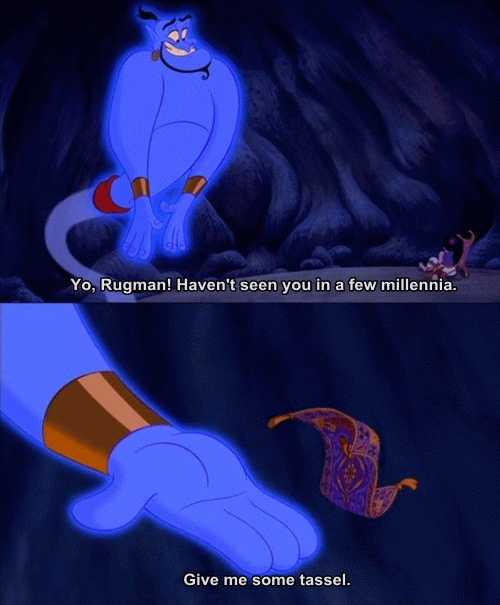We have finally moved into our first cottage, hurrah! Boxes
are still everywhere but after a week and a heck load of painting, sanding,
varnishing and so much sweeping Cinderella would be impressed, it is starting
to feel more and more like home.
One of the first mammoth tasks was to take the fireplace
back from spray-painted white (I know. I can’t even.) to the cast iron
black it was destined to be. Armed with rubber gloves, steel wool and Wickes DIY biggest tub of Nitromors, Mum and I set to work.
(Handy tip: use one of
those really comfy kneeling down type mats that people use for gardening – I didn’t
and my knees are still bruised. BRUISED. The things I’ll do for a Victorian
fireplace.) I’d recommend taking regular breaks when stripping the paint as it
can make your head feel a little bit off-center. Air is good.
Here is a picture of the fireplace before:
God only knows why
it was white, but I could hear it screaming out to be restored, a bit like that
scene in Aladdin when Genie comes out of the lamp for the first time in ages
and he’s all like:
I thought if we could get as much of the paintwork off as
possible, some of the original details, particularly the flowers and vines
would become clearer. This took a lot of layers of Nitromors and lots of steel
wool, but the progress was steady and we made good time, getting most of the
white paint off the fireplace by the end of day one. The steel wool was cleaned
with white spirit and an old rag was also used to keep the areas clean before
adding more layers of Nitromors. It’s important not to add water as this can
rust the metal (although using a damp cloth won’t hurt, white spirit helps to
lift the paint). There were in fact several layers of paint underneath, predominately
black, but we were determined to take it right back to the cast iron base so we
could keep the surface as smooth as possible.
Some parts came away without much resistance, and other
parts, particularly the intricately detailed sections had to be coated in
Nitromors then left to soak for a while before going back over it with steel
wool and then repeating the process. Admittedly it was tiring work but seeing
the original metalwork coming through underneath was very rewarding.
Here is the fireplace back to its old roots:
We managed to
get 99.99% of the paint off and the bits that were left were minuscule and we
ensured that they were rubbed down so the surface remained flat in preparation
for the black grate polish to be applied.
I used a cloth dabbed in white spirit to clean the fireplace
and ensure that all excess bits of dirt and paint flakes had been removed as it’s
hard to get these off once the polish is applied.
Applying the black grate polish paste that I picked up from
Robert Dyas was the easiest part of the process – we covered the whole
fireplace in about 45 minutes and then went over it again to ensure all the
nooks and crannies were covered too. We rubbed the paste onto the fireplace with
a cloth but were careful not to polish it but rather leave it to dry. If you do
decide you want a metallic finish you can polish the paste onto the metal and
that adds a metallic shine.
Here is the finished look:
We’re very happy with it and it is a gorgeous centre-piece
for our living room. So far we've had a fire burning every evening and it’s not
something that is going to grow old anytime soon!










